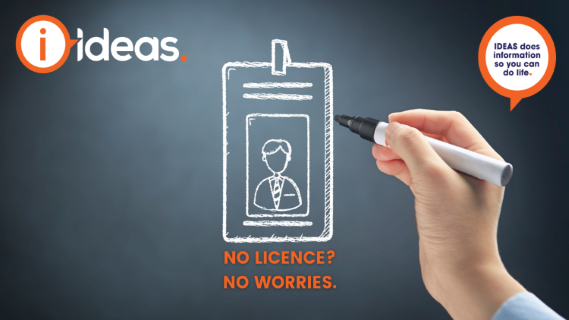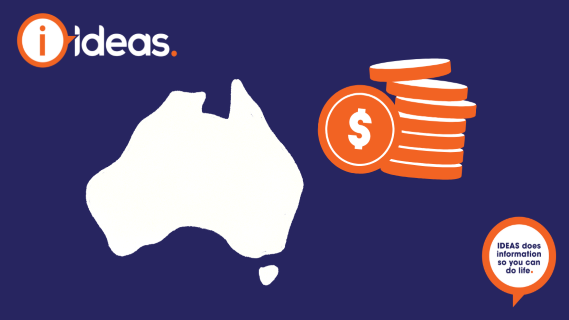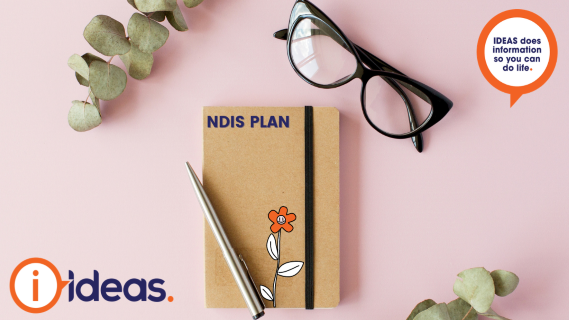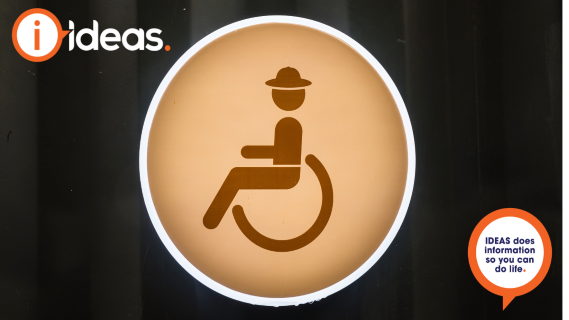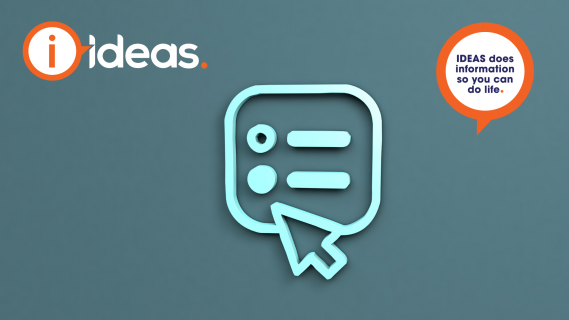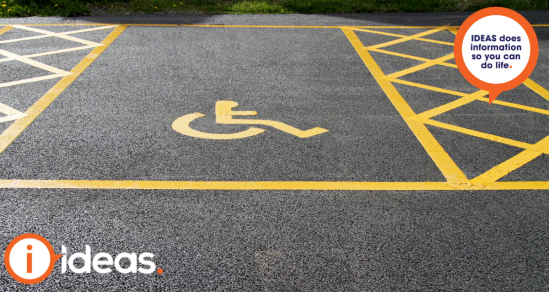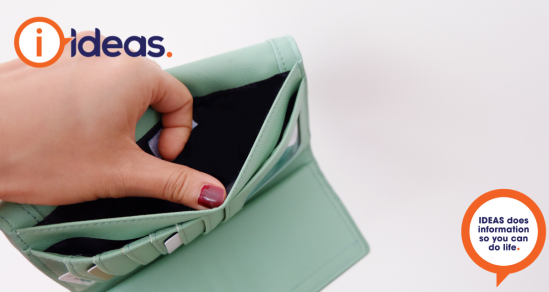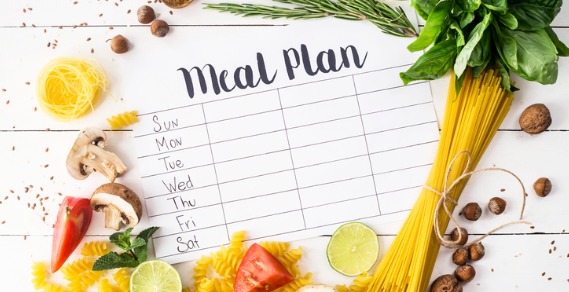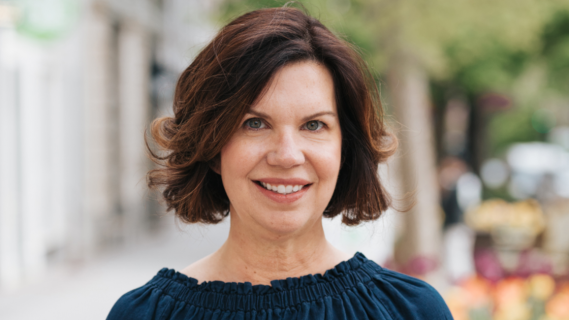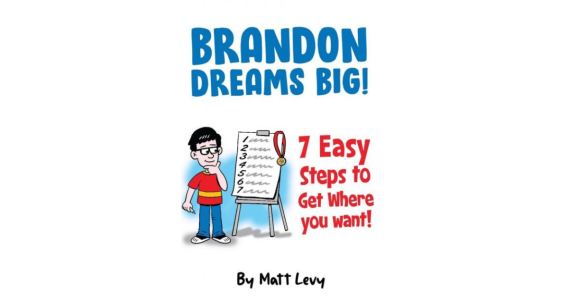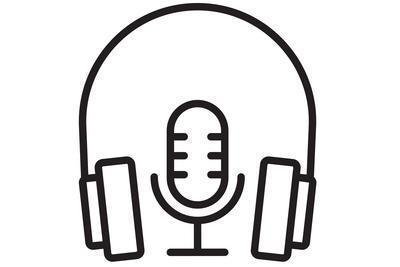Neurodiversity has many unique strengths. Attention to detail, hyperfocus. And yet, it has some weaknesses - that can be tamed.
Some of the inherent behaviours and tendencies linked to ADHD make managing finances difficult. Impulsiveness and short attention spans, lack of long-term planning, sound familiar?
Impulsiveness is one critical behaviour that can lead to impulse spending sucking your bank account dry.
Inattentiveness, difficulty focusing, perfectionism, procrastination, memory loss/ recall problems, these all affect spending and saving habits. Some of these traits translate to cycles of spending and saving, reckless spending habits or just not sticking to savings goals or to budgets.
Tips to improve financial habits
Firstly, learn to understand triggers. Examples of triggers
- emotional impulse spending after a bad day
- boredom scrolling and internet shopping
- fear of missing a sale item
- falling for marketing tactics
Once you understand your triggers, you can check your behaviours.
Make AND stick to shopping lists – especially for groceries.
Examine recurring expenses - are you paying for services or subscriptions that you actually use? If you choose to cancel a service, direct the funds to a savings account for long term growth.
“Experiment – rather than make a big change, make small changes – if the experiment works, you can accept it as a reality. “
Rebecca Mezzino in the Podcast BeUncluttered - Adult ADHD with Sarah Cottman
Automate recurring payments. This helps avoid late fees on unpaid bills.
Simplify – most banks have built within their apps, processes to create saving goals, and set up auto and recurring payments. This helps take away the anxiety over missing payments.
Set up part payments from each weekly pay for essential utilities like electricity or gas.
Unsubscribe from marketing email lists. Those ones that send you emails every other day.
Look at fees – is there a better option than the banking institution you are currently using - some banks have fee-free accounts.
Create a buffer – it may take a while, but put money aside for a “buffer”. Schedule an automatic transfer to a savings account on payday. One that occurs before the urge to spend up happens. $10 a week is $520 by the end of the year. The National Debt helpline has some tips to start out.
The National Debt helpline also have financial counsellors - You never have to pay for this advice. Don’t agree to pay fees for financial counselling, advice about debt or to fix your credit file. The government funds financial counsellors nationally. Read more about Financial Counsellors.


























